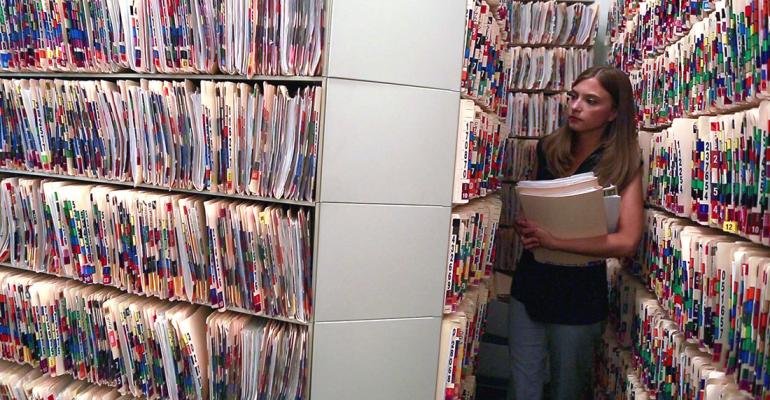To many dealers, “going green” means investing in conservation efforts that have little to do with the alternative-fuel vehicles they sell.
Instead, auto retailers are investing in more energy-efficient facilities, energy sources, lighting and workflow processes. The latter can reduce and even eliminate volumes of paper use.
Franchise auto dealers have spent almost $1 billion in facility upgrades, construction and systems to make them more energy efficient, says the National Automobile Dealers Assn.
Auto dealerships use more energy per square foot than a typical office building, the trade group says.
If all U.S. dealerships reduced energy consumption by 10%, it would save more than $193 million and eliminate a million tons of greenhouse gases, according to NADA.
More than 750 energy-conscious U.S. dealerships belong to Energy Star’s Small Business Network, a joint program of the U.S. Environmental Protection Agency and U.S. Department of Energy.
Toyota may have been the first to have its dealerships receive energy-efficiency notoriety, earning the U.S. Green Building Council’s LEED certification for Leadership in Energy & Environmental Design in 2011.

Several automakers have since had their dealers become LEED-certified or otherwise continue to reduce their carbon footprint.
Fields Volvo of Northlake (IL) is the first Volvo franchise to attain the LEEDs certification, the dealership says on its website.
The dealership recycles rainwater for flushing toilets and irrigation, relies on wind and solar technologies to reduce its reliance on the power grid and uses paperless document management and archiving technology in the service department.
The nonprofit Conservatree says 1.2 trees are consumed to produce just two cases or 20 reams of virgin copy paper.
Of course, many business forms and other paper documents are made of recycled paper to some degree. Still, the amount of paper used to conduct daily business adds up, especially at dealerships.
“Auto dealerships are huge consumers of paper,” says Mark A. Sinanian, senior director-integrated solutions for Canon Solutions America.
The subsidiary of Canon U.S.A. recently introduced digital imaging technology to eliminate the need for paper forms and other paper documents used by dealership service departments, typically significant users of paper.
“For some dealerships, the savings from eliminating paperwork just in the service department can be tens of thousands of dollars,” says Sinanian. “Dealers are waking up to the idea that using paper processes is wasteful and unproductive.”
Pat Hubert, general manager at Fields Volvo of Northfield, says eliminating paper repair orders and related documents in the service department saves the dealership $100,000 annually.
It does so by reducing labor for paper document filing and for the handling and processing repair-order paperwork, she says. Going paperless also reduces or eliminates printer, ink, toner and storage costs.
The effort fits well with Fields’ environmentally conscious culture, Hubert says. “As I watched technicians, I had noticed how much paperwork they had to deal with to service a customer, and I felt there had to be a better solution.”
John Mantione, vice president and general manager for Fields BMW Orlando says: “As a dealer, you don’t notice it for some time. How all the paperwork your dealership generates as it sells and services vehicles starts to amass.”
For instance, automakers can require as many as 40 pages of documentation for each warranty claim. Digital documenting ends using paper for that, Mantione says.



